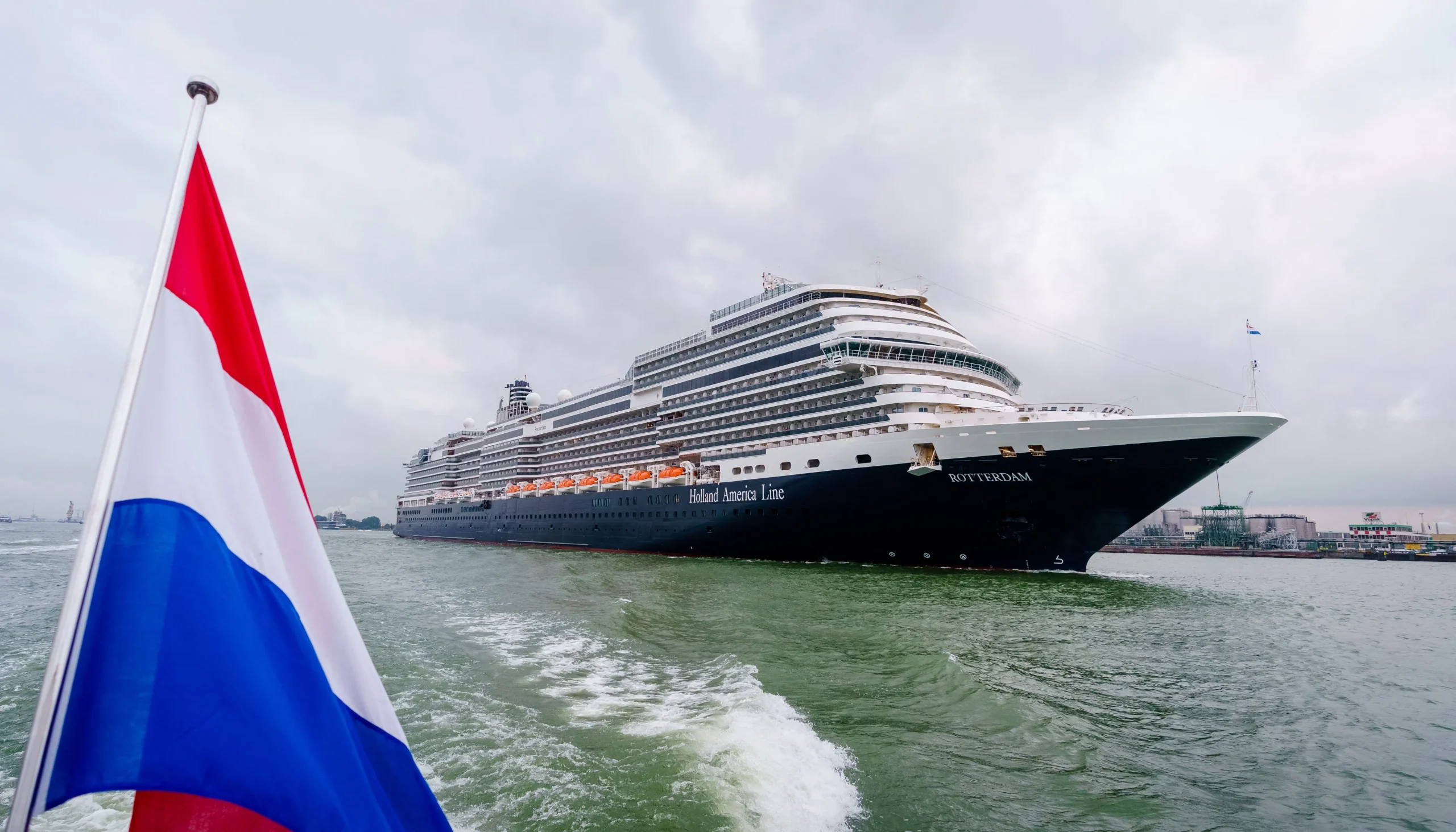Twelve passengers aboard a recent voyage of the cruise line, Royal Caribbean, sued the cruise operator and a former crew member after discovering hidden cameras in their cabins. The alarming news sent ripples, sending shockwaves that have left it with serious questions about privacy, especially on one of the world’s most high-end luxury liners.
The lawsuit further claims that there were hidden cameras discovered in guest cabins where they had been recording private moments of the cabin’s inhabitants without the knowledge or consent of the people in those cabins. It indicates that the cruise line failed to properly screen or supervise its crew, thereby causing a grave breach of trust and privacy, as perceived by the plaintiffs.
Court documents show that the incident was uncovered when one of the guests found an unusual device hidden in the cabin. It was a hidden camera. The device was positioned in such a way that it captured intimate footage of the cabin occupants. This led to immediate action, including an internal investigation and the eventual dismissal of the crew member implicated in the scandal.
The lawsuit charges Royal Caribbean with negligence in the protection of its guests’ safety and privacy. Damages are being sought for emotional distress, invasion of privacy, and failure to provide a safe environment by the cruise line. Additionally, they demand stronger protocols and more stringent security measures to avoid such incidents in the future.
Royal Caribbean responded to the allegations by saying that the company indeed takes the safety and well-being of its guests seriously. The cruise line indicated that it has always maintained high standards of security, in a public statement, and that it is cooperating fully with the authorities during the investigation.
Another defendant in the lawsuit is the former crew member who is at the center of the controversy. The person, whose identity is not known, is accused of installing the hidden cameras deliberately and violating the privacy of several guests. The case is under investigation by law enforcement agencies, and criminal charges may be brought against the person.
This has created widespread concerns in the cruising fraternity, where most are now wondering if present security measures at luxury liners are enough. Even privacy groups have been talking, and it has called on cruise operators to improve screening procedures for their employees and advanced surveillance mechanisms for the detection of unauthorized devices.
The pressure mounts for Royal Caribbean as the case unfolds. The case further emphasizes guest safety and privacy within the hospitality industry and, more importantly, raises a cautionary tale to be heeded by companies regarding proper security measures.
This outcome of the case will most probably have a profound effect on the cruise industry, which may set a new standard in the protection of guest privacy on board. For now, the affected guests await justice as they go through the aftereffects of this unnerving experience.




